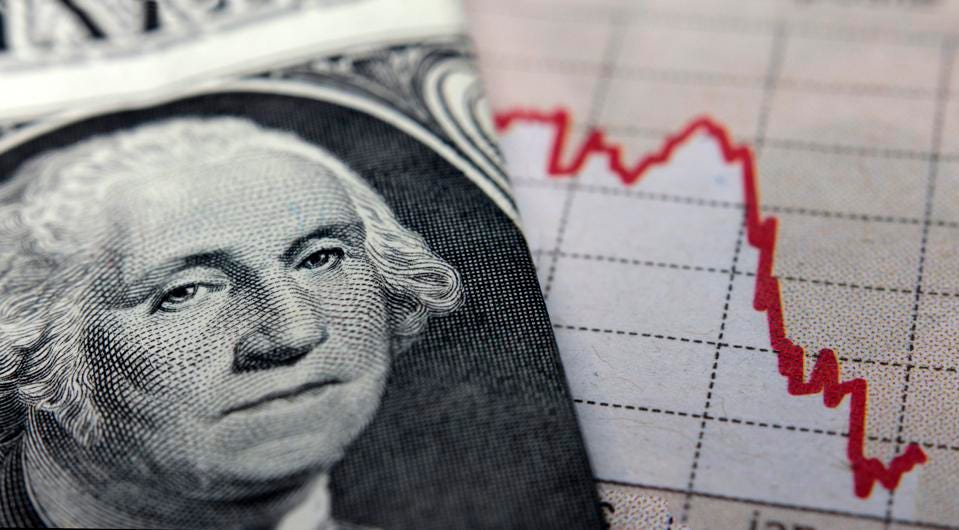Almost 70% of economists expect the US to tumble into a recession in 2023, according to a Financial Times survey, as the Federal Reserve attempts to bring down soaring inflation.
Just under 40% of the 49 leading economists polled by the FT and the University of Chicago’s Booth School of Business said the declaration of a recession would come in the first or second quarter of 2023, with a third saying it would come later in the year.
The FT’s poll comes just after data on Friday showed US inflation jumped to a 41-year high of 8.6% in May, defying expectations that it would stay at 8.3%.
Inflation rose 1% between April and May alone, the figures showed, as energy prices remained elevated in the wake of Russia’s invasion of Ukraine.
The surge in inflation has caused analysts to expect faster and bigger interest-rate hikes from the Fed, with some traders even expecting a 75 basis point hike later this week.
Goldman Sachs economists, led by Jan Hatzius, said in a note Sunday they expect the Fed to hike by 50 basis points at the June, July, September, and November meetings. They expect interest rates to peak at 3.25-3.5% after two further 25 basis point hikes in December and January.
Many economists think those kinds of interest-rate rises will choke off economic activity to the point that the US tumbles into a recession. They say the Fed will not be able to engineer a “soft landing” for the economy.
Recessions in the US are adjudicated by the National Bureau of Economic Research, which defined them as a period when activity declines significantly across the economy and which lasts more than a few months.
The economists polled by the FT thought a recession is unlikely to come in 2022, however, with the bulk predicting that job growth would stay strong. Only one economist expected a recession in 2022.
“It’s going to look as if the soft landing will be coming through in the next six months,” Freya Beamish, head of macro research at consultancy TS Lombard, said in a note last week.
“But it’s unlikely that the Fed will be off the hook so easily. We expect a Fed-induced hard landing next year.”
The economists expected inflation to remain elevated and said geopolitical tensions — and their effects on energy prices — would be the biggest driver.


